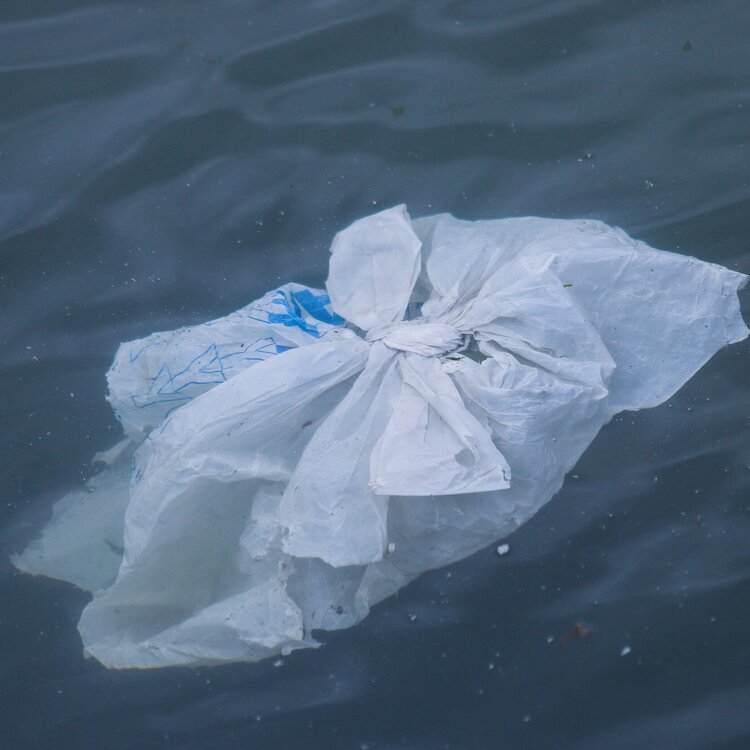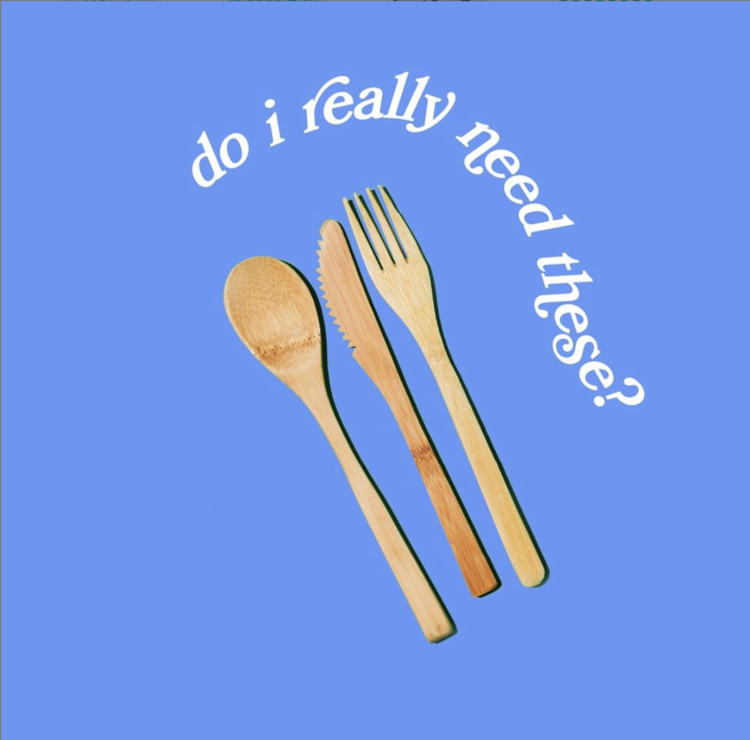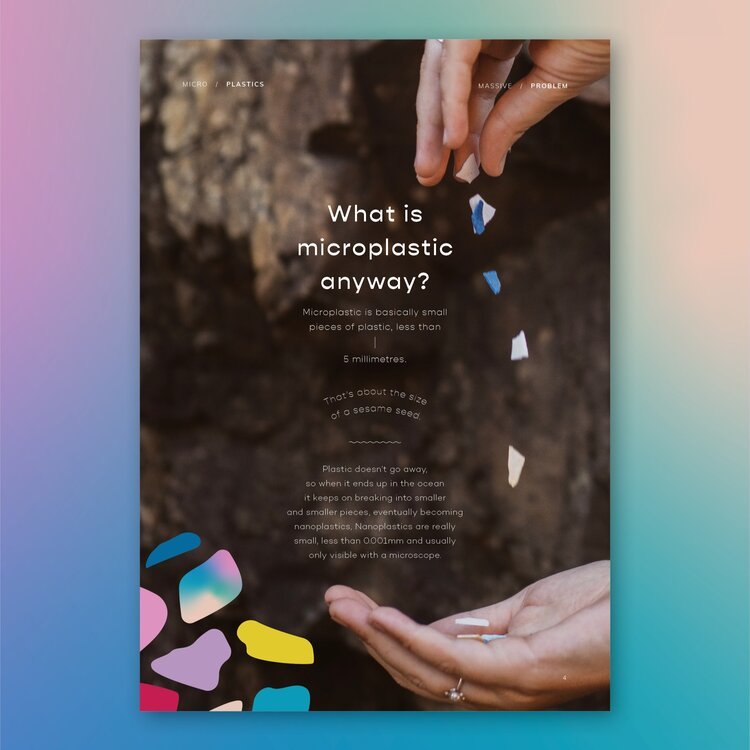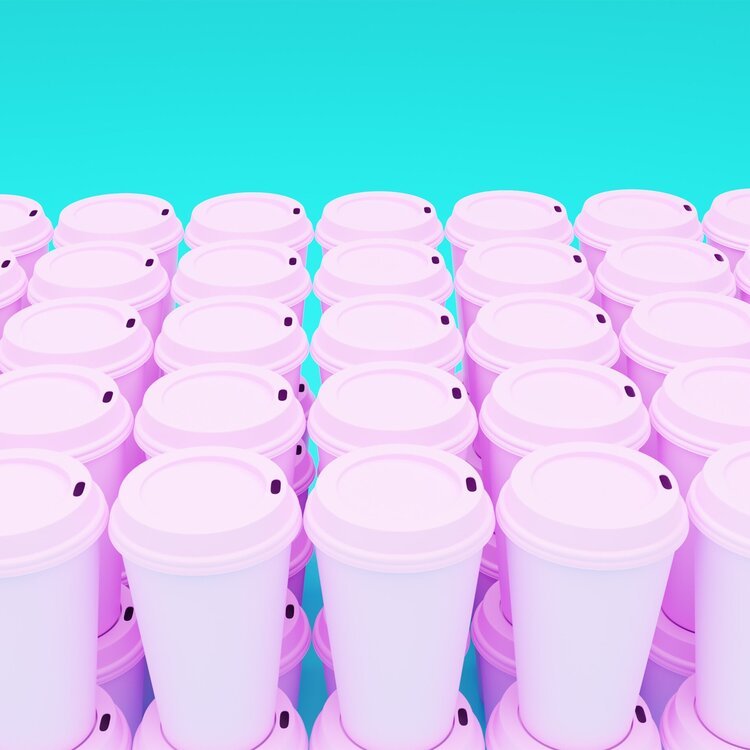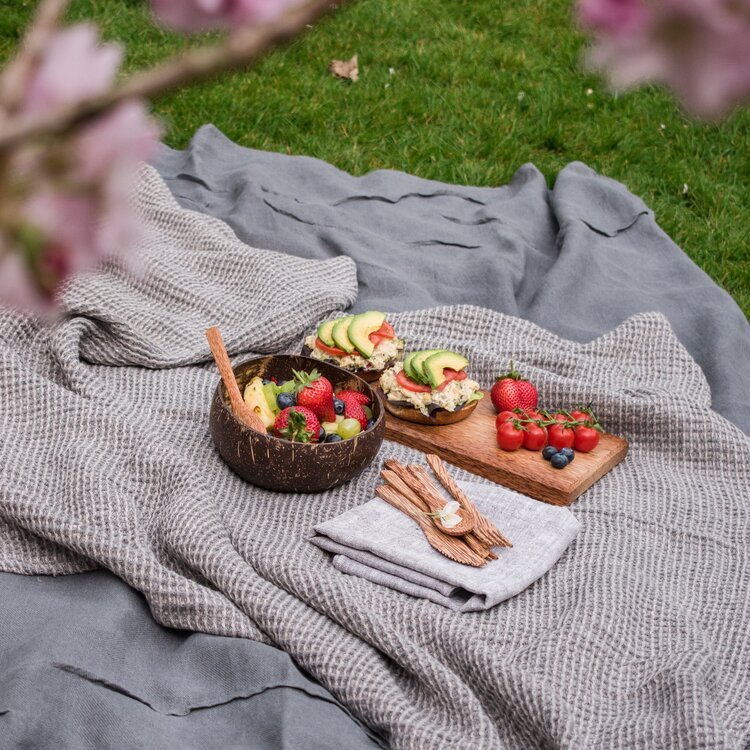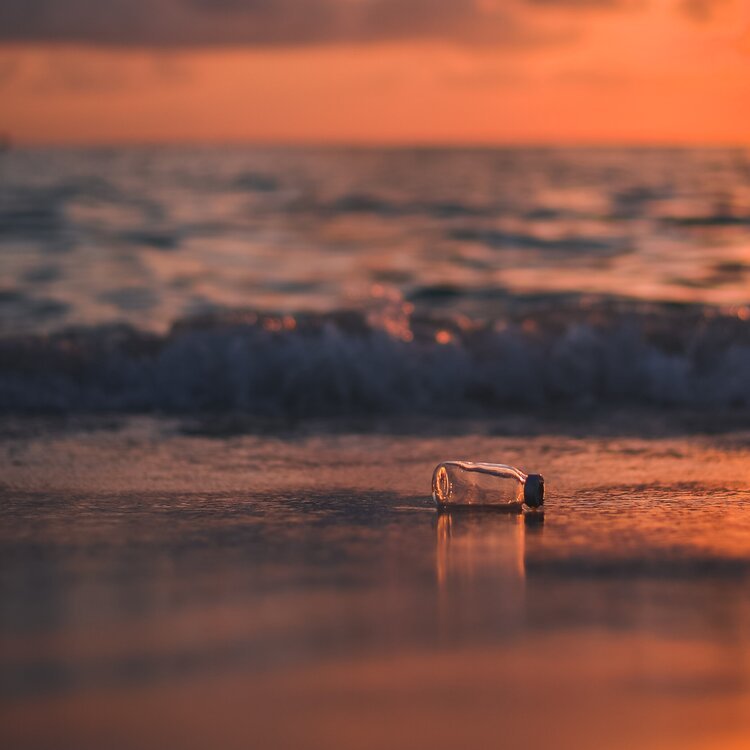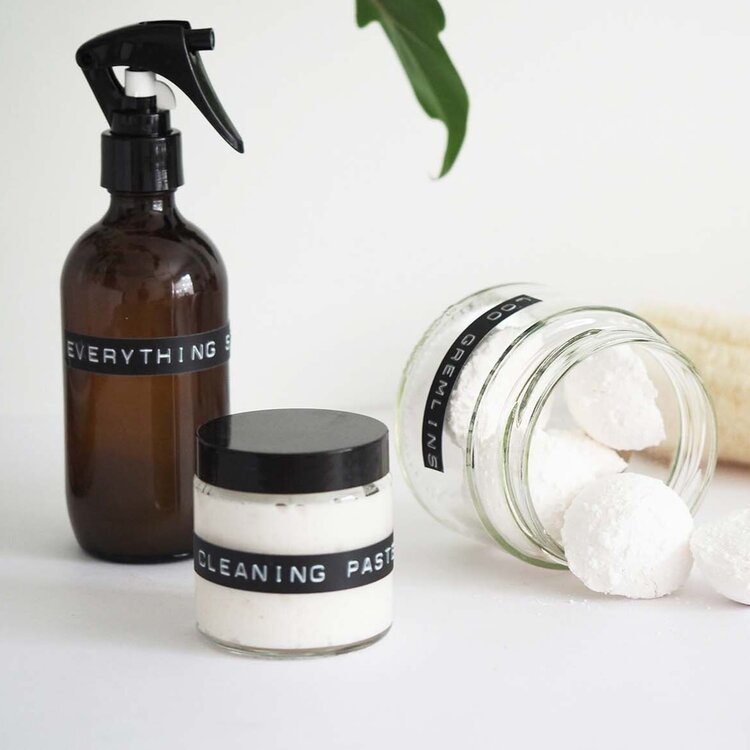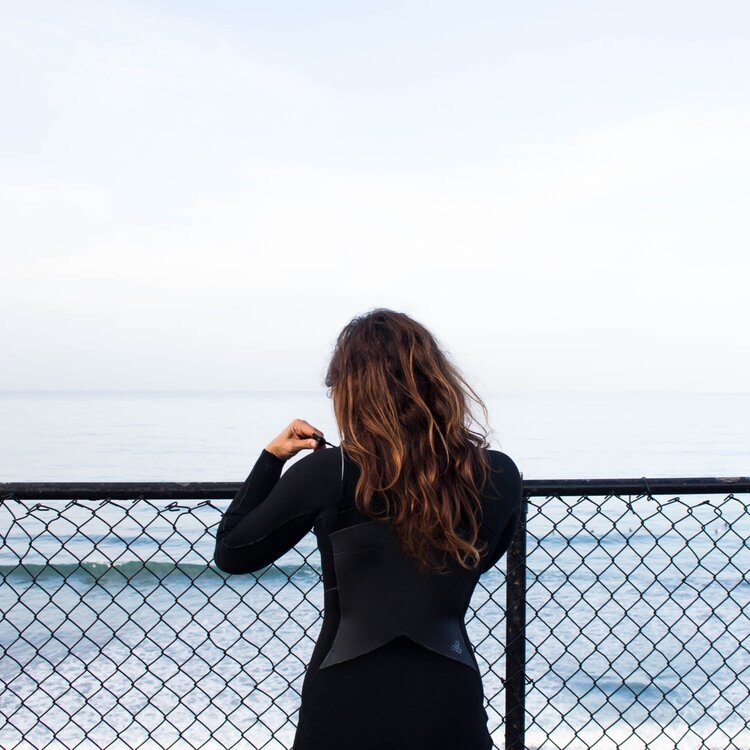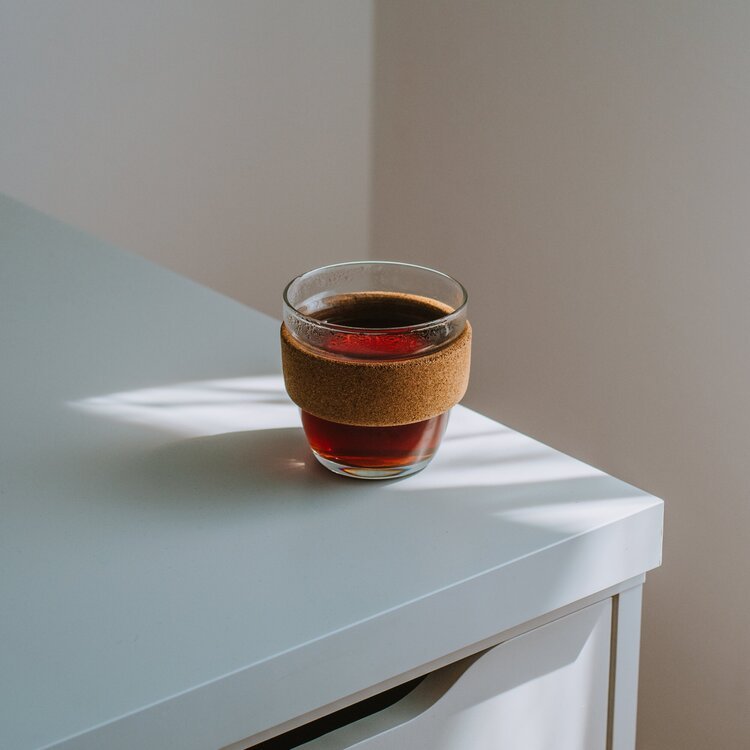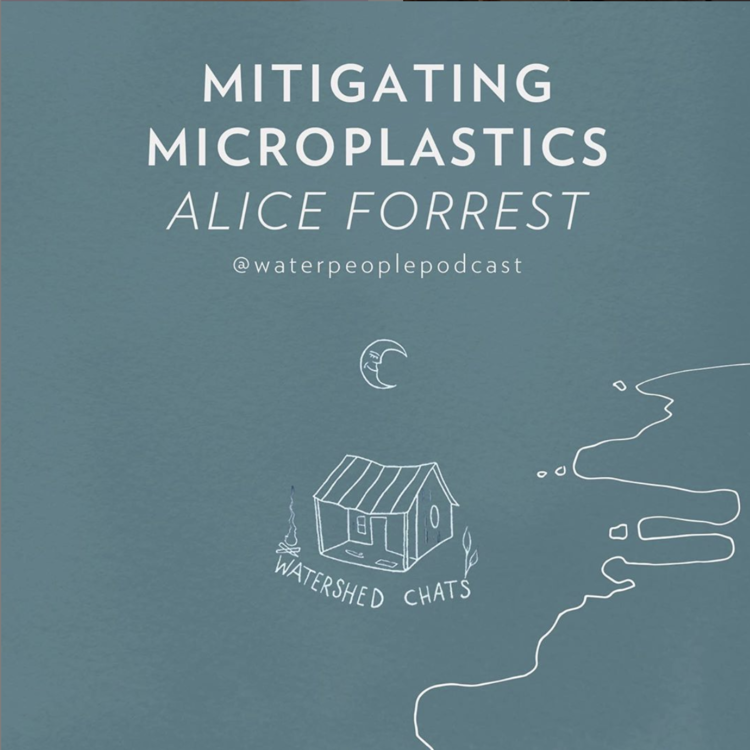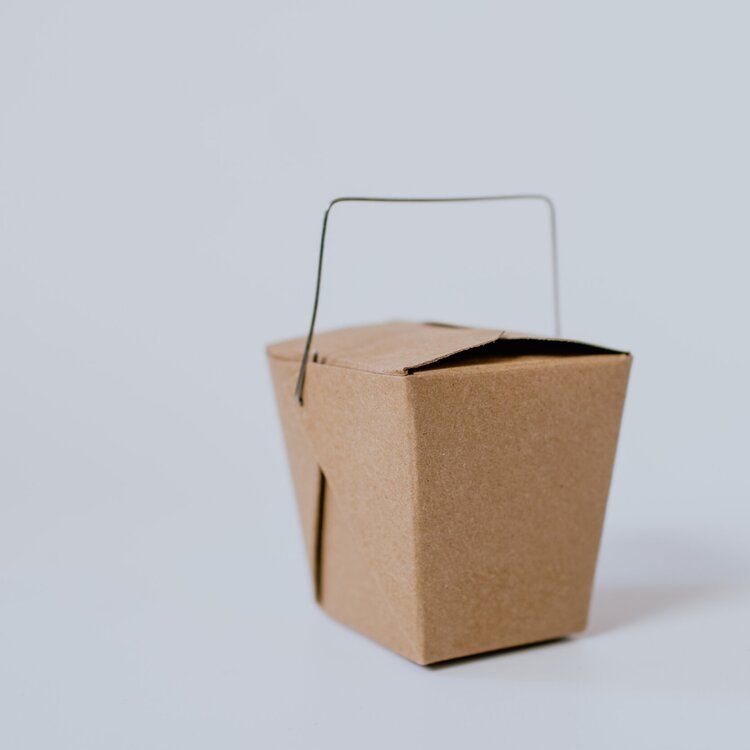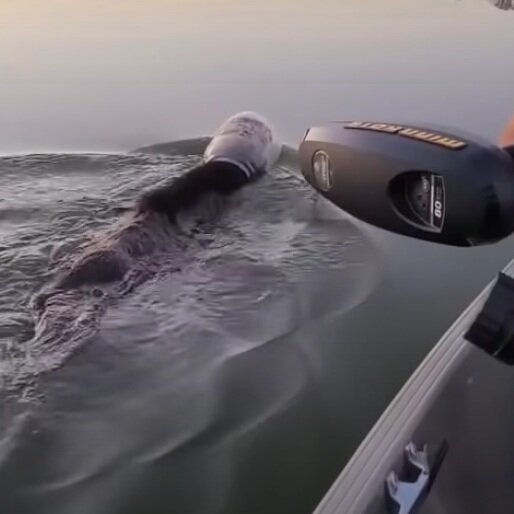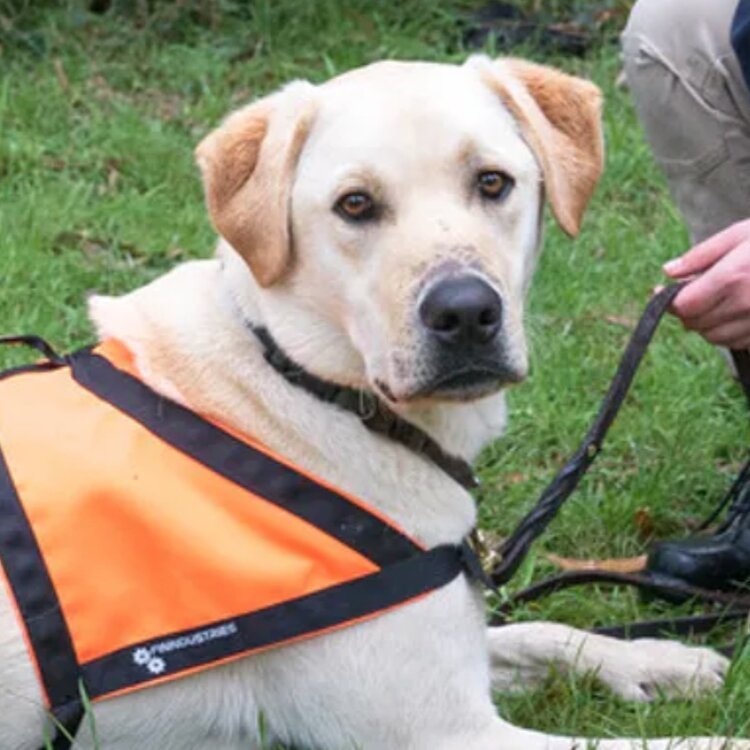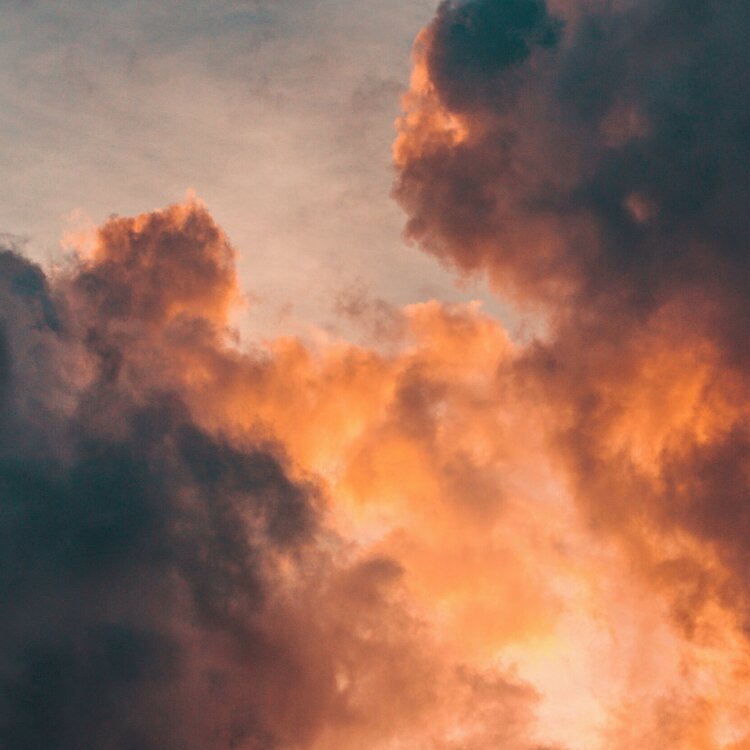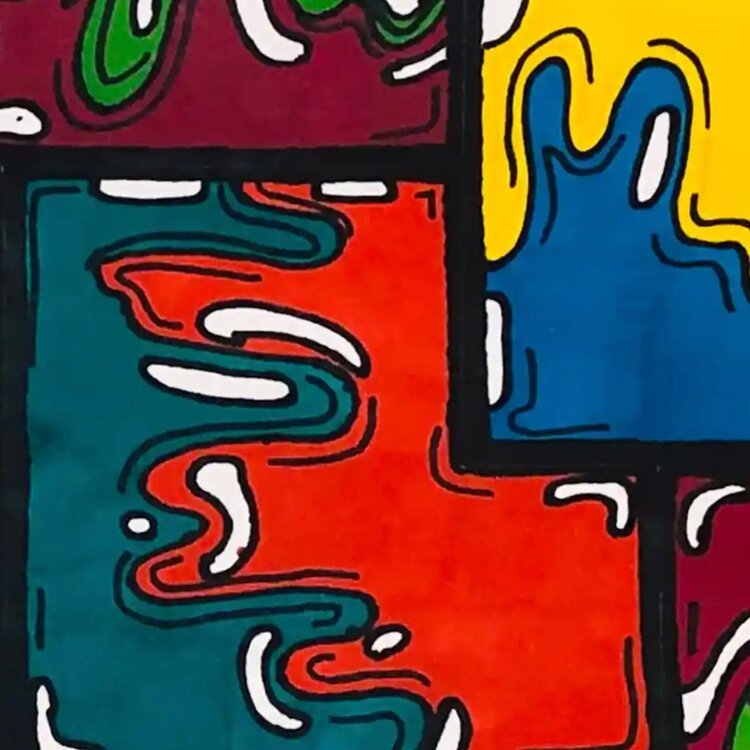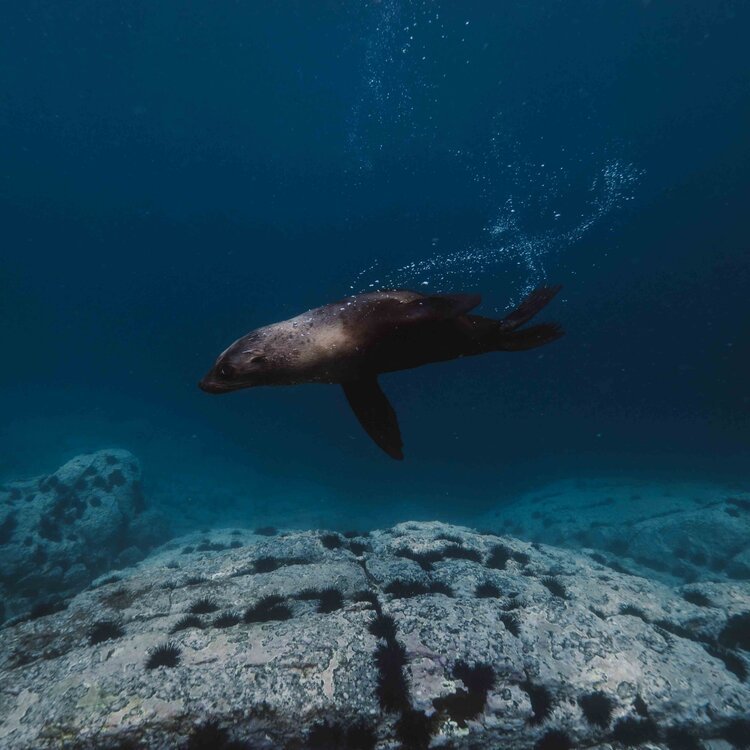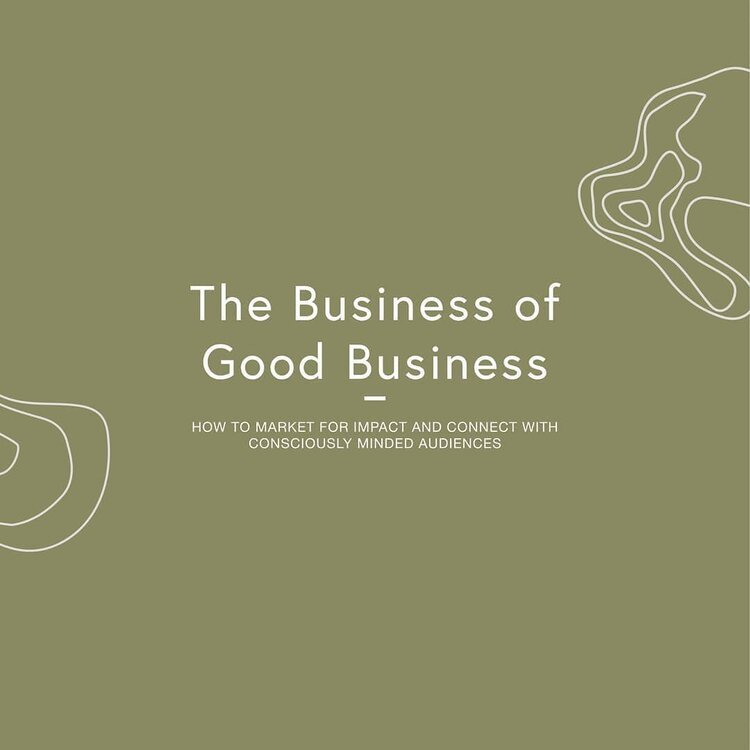Good Stuff: Plastic Free July
While working for 1 Million Women a couple of years ago, I wrote an article about how I failed Plastic Free July on day dot. Since then, my mindset has changed a little. I now know that I am going to fail. Plastic is so heavily ingrained into our daily lives that it is infuriating difficult to avoid completely. However, that doesn’t stop me doing what I can when I can, and that is the goal of Plastic Free July. Not to win or lose, but to instead give the challenge a red hot go and develop some new habits while you do so. Last year, around 250 million people in 177 different countries took part in Plastic Free July, and that is a very good thing indeed.
This year, Plastic Free July came with a bonus challenge: a global pandemic. Prior to COVID-19, avoiding single-use plastic was actually beginning to become the norm for many people. When COVID swept across Australia earlier this year, even the most committed of Keep Cup users admitted to letting their plastic-free habits slip. One of my friends explained to me that grabbing a take-away coffee was a way to get some fresh air and support her local cafe, even if that meant she had to leave her reusable mug at home. I admitted to doing the same. While stricter hygiene protocols and social distancing may be here to stay, there are ways we can tweak our habits and reduce our plastic use to sustainably adapt to this ‘new normal.’
This month, scientists discovered that one of the ocean’s largest fish - the Sunfish - starts its life roughly the same size as a grain of sand. It’s hard to believe that this teeny, tiny, adorable larva will eventually grow into a 3-metre fish.
Many people believe that this pandemic is providing society with an opportunity to revolutionise what ‘normal’ looks like. According to an analysis commissioned by the Climate Council, almost 80,000 jobs could be created by a win-win stimulus plan that tackles the recession and climate change.
Maybe our ‘new normal’ is a little like the lifecycle of the bizarre and beautiful sunfish. In its larval stage, it looks like tiny actions here and there. They seem insignificant at first, like chatting to your local cafe about safely using a Keep Cup, and it’s hard to see how they’ll ever add up to anything life-changing. But as more of us adopt these behaviours and push for a ‘new normal’ these changes will eventually grow into a bright, bold new lifestyle that puts people and the planet at the forefront.
Good Stuff to celebrate Plastic Free July
WATCH: Discarded fishing nets are one of the most harmful forms of ocean plastic pollution. NetPlus® is a fully traceable, 100% recycled fishing net material used for the brim stiffeners in Patagonia hats. It’s made from discarded nets collected in fishing communities in Chile and Argentina—a project that benefits fishermen by providing financial incentives and benefits our planet by repurposing 71,000 pounds of waste per year.
Plastic-free Good Stuff
Grumpy Turtle Good Stuff
A peek into the good stuff we’ve been up to over the last month.
Our latest 90 Second Dive!
Wolf Rock is a marine sanctuary off Rainbow Beach in Queensland. Here, you can spot mantas, grey nurse sharks, leopard sharks, turtles, eagle rays and so much more on a single dive.
Our new series Salt Water STEMinists features the stories of incredible women doing work in the field of marine science and conservation. Meet Joni Pini-Fitzsimmons, a ray-obsessed researcher who is working hard to uncover the movements of these mysterious creatures through her project, The Stingray Diaries.



